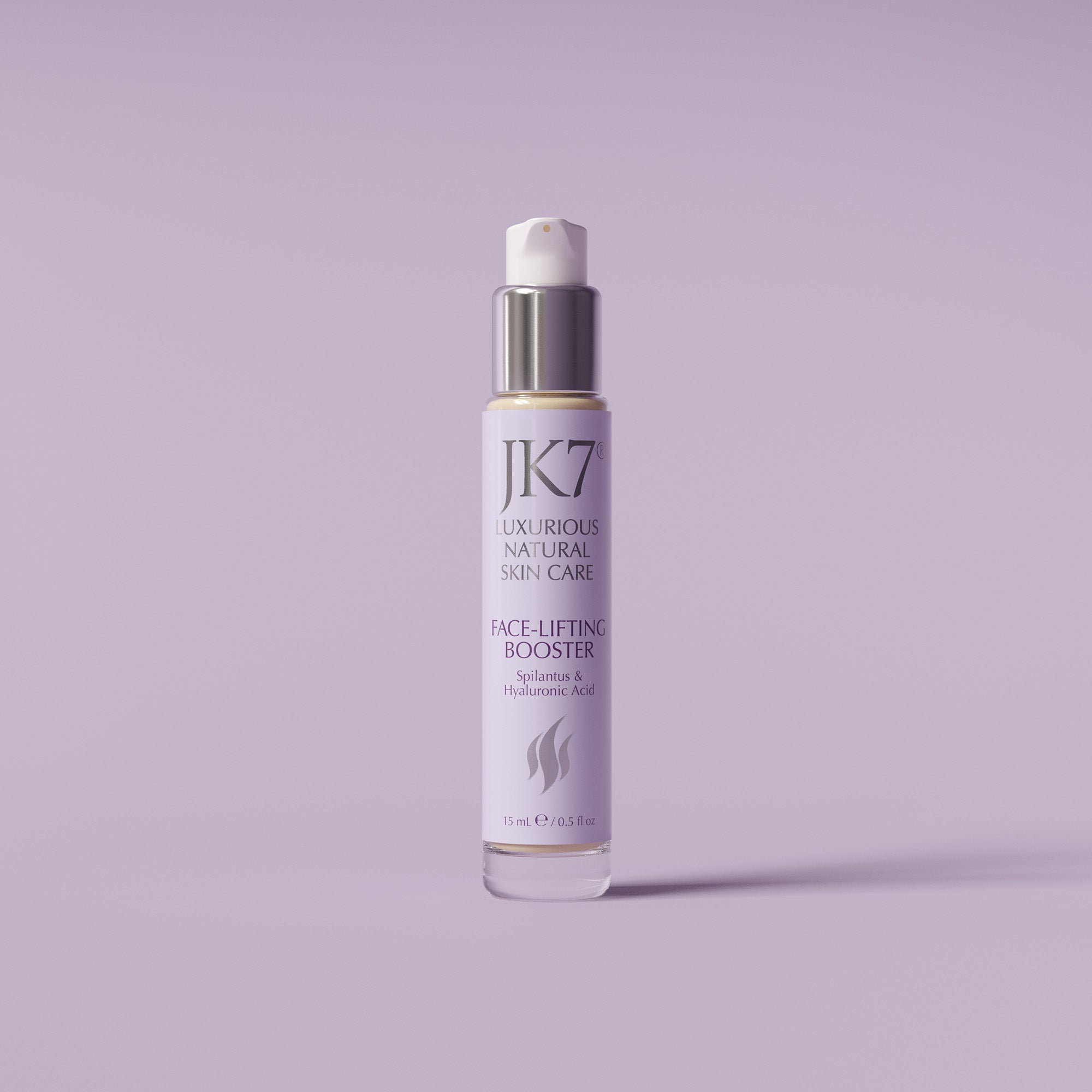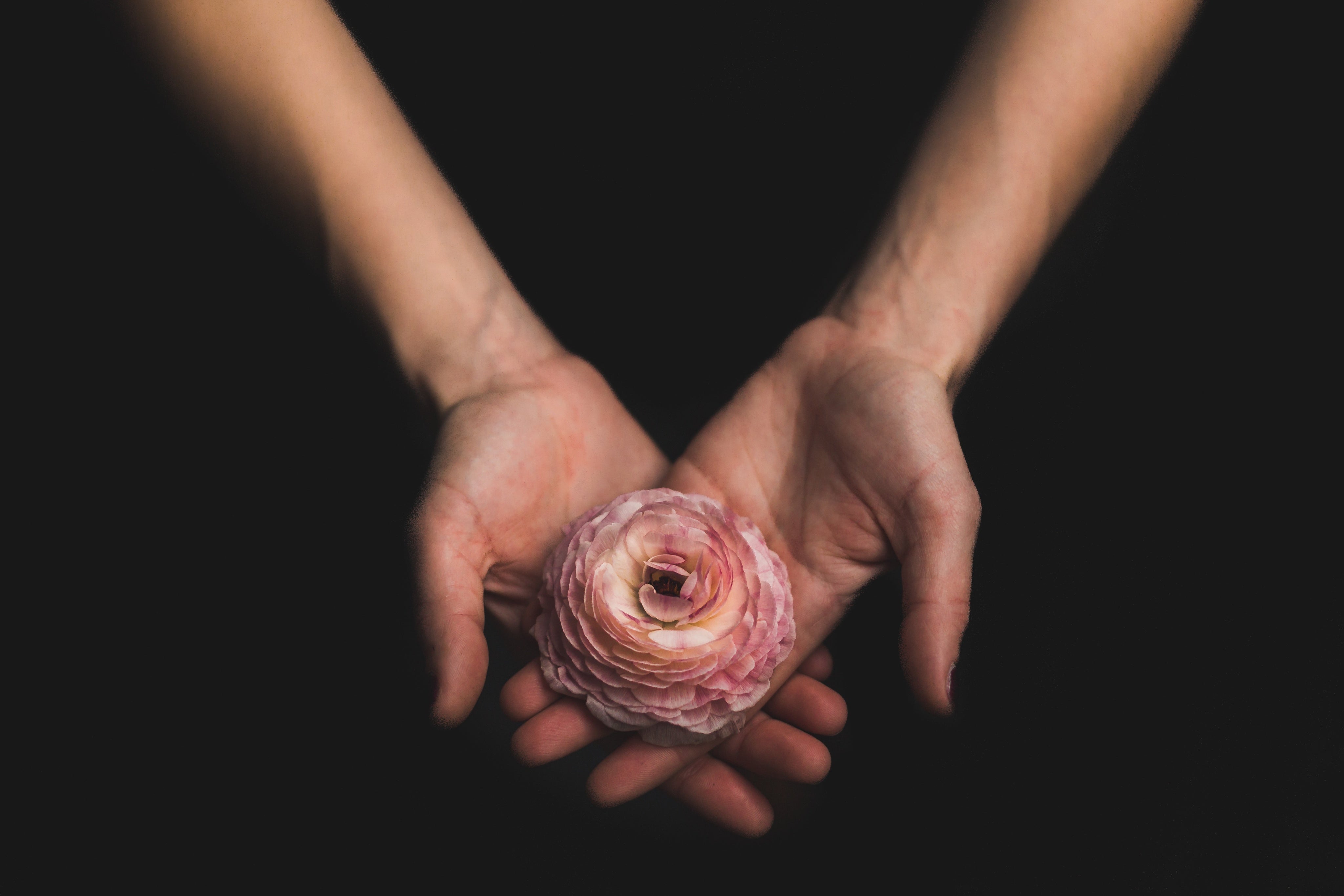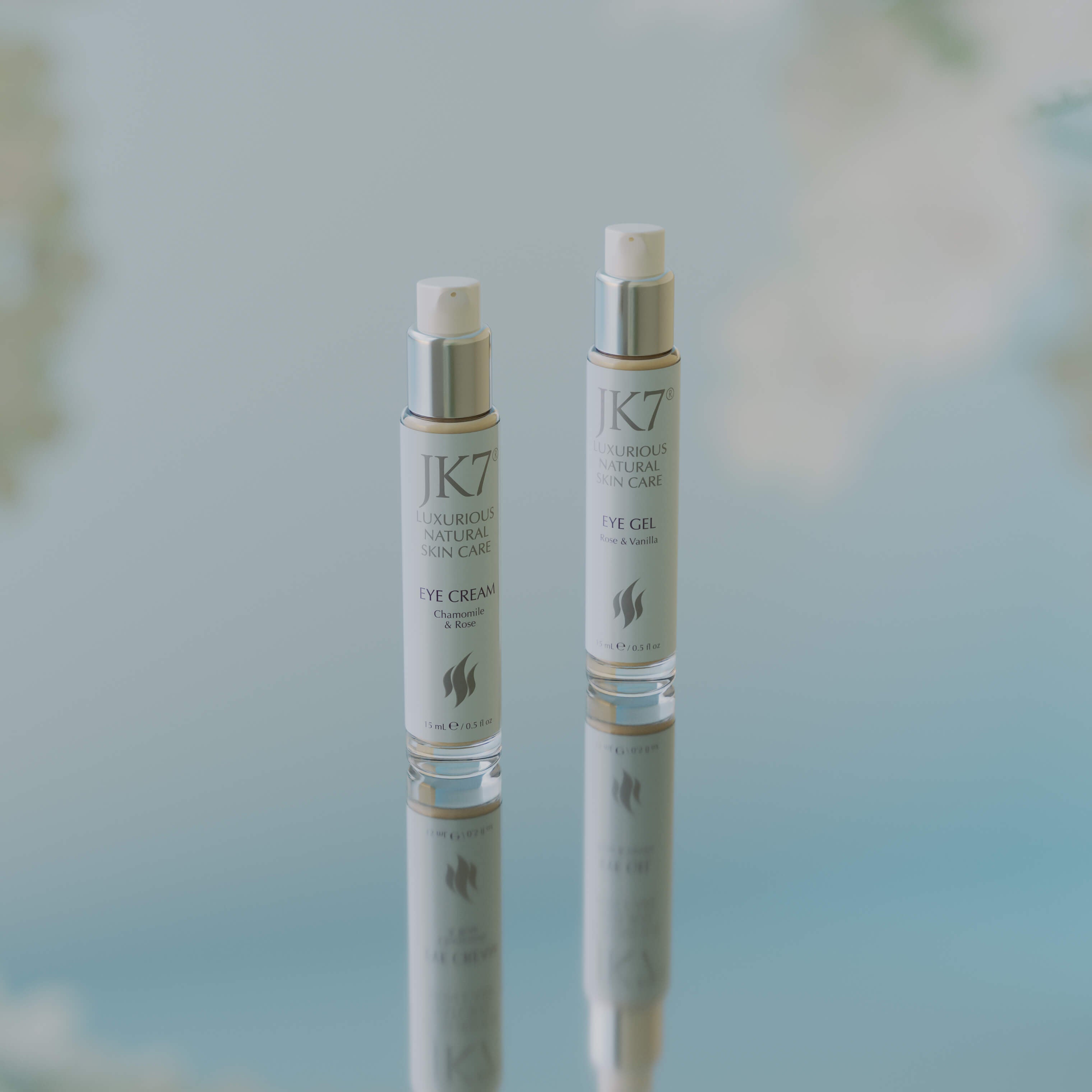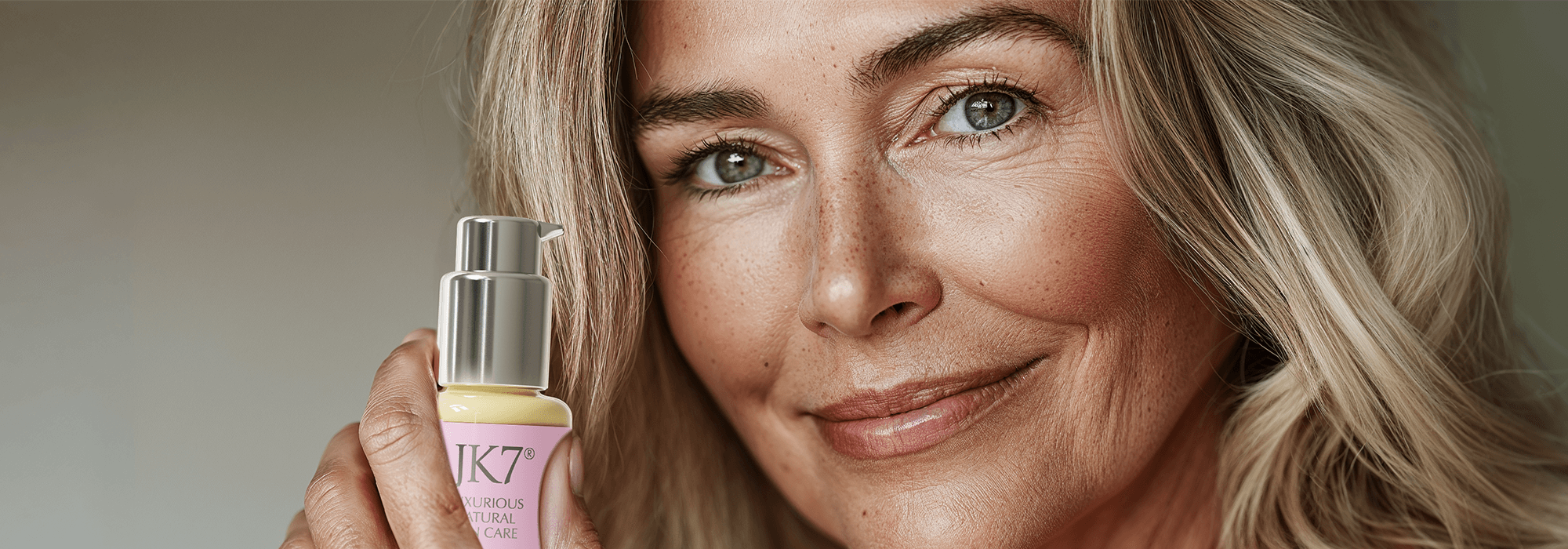Hydration is the key to healthy, youthful skin, and few ingredients deliver it better than hyaluronic acid (HA). With the growing shift towards natural and sustainable skincare, botanical hyaluronic acid is rising in popularity as a plant-powered alternative. Derived from sources like the Silver Ear Mushroom (Tremella fuciformis), these natural polysaccharides (complex sugars that help bind and retain water) offer comparable deep hydration to traditional hyaluronic acid, but with a clean, sustainable approach.
In this guide, we’ll explore what makes botanical hyaluronic acid unique, how it compares to regular hyaluronic acid, and why it’s becoming a must-have in modern beauty rituals.
Understanding Hyaluronic Acid and Its Importance for Healthy Skin
Hyaluronic acid (HA) is a naturally occurring substance found in the skin, eyes, and connective tissues. Its primary role is to keep tissues lubricated and hydrated, making it essential for maintaining a healthy complexion.
What makes HA so important isn’t just its moisture-boosting power, but also how that hydration supports overall skin health. Well-hydrated skin looks smoother, feels softer, and is more resilient against environmental stressors. Adequate moisture also helps maintain elasticity, which is key to delaying visible signs of aging.
However, the body’s natural HA production declines with age. This decrease contributes to common concerns like dryness, fine lines, and a dull appearance. Adding HA to your skincare routine helps counteract these changes and supports a strong, radiant skin barrier.
How Does Hyaluronic Acid Work?
Hyaluronic acid works as a powerful humectant, meaning it draws water from the environment and deeper skin layers to the surface. Each molecule can bind up to 1,000 times its weight in water, keeping skin plump, smooth, and hydrated.
This hydration mechanism does more than just moisturize. By strengthening the skin’s barrier function, hyaluronic acid reinforces its natural defense system, reducing sensitivity and irritation. It also helps prevent transepidermal water loss (TEWL), a key factor in dryness, tightness, and premature aging.
Also read: 7 Science-Backed Natural Skin Care Ingredients That Actually Work
What is Botanical Hyaluronic Acid?
Botanical hyaluronic acid is a term used for plant-derived polysaccharides that mimic the hydration effects of hyaluronic acid, most commonly sourced from fungi such as the Silver Ear Mushroom (Tremella fuciformis).
Unlike traditional HA, which is typically produced through biofermentation or historically obtained from animal by-products like rooster combs, botanical HA provides a 100% vegan, cruelty-free alternative that aligns with clean beauty principles.
This plant-powered form delivers comparable moisture-binding benefits to synthetic HA, with the added appeal of sustainability and natural sourcing. It’s an exceptional choice for anyone committed to natural skincare practices and conscious ingredient selections.

Silver Ear Mushroom: The Ultimate Plant-Based Hydration for Skin
The Silver Ear Mushroom has long been prized in traditional Chinese medicine for its beauty-enhancing properties, and modern skincare science confirms its effectiveness. Rich in natural polysaccharides, this fungus helps skin retain moisture for a plump, youthful look.
What makes the Silver Ear Mushroom stand out is its unique molecular structure, which allows its polysaccharides to bind and hold water within the skin, similar to hyaluronic acid. Beyond hydration, it also provides anti-inflammatory and antioxidant benefits, helping to calm irritation and protect against environmental stressors. This makes it an ideal ingredient for sensitive, mature, or dehydrated skin.
Another reason this mushroom is considered a hero ingredient is its anti-aging potential. By replenishing moisture and supporting elasticity, Silver Ear Mushroom helps minimize fine lines and restore a healthy, radiant glow.
For a concentrated dose of this botanical, try JK7® face lifting booster, our prized product that is formulated to deliver intense hydration and visible lifting effects!
Comparing Natural vs. Synthetic Hyaluronic Acid
Both natural and synthetic hyaluronic acid share the core benefit of binding water to the skin for deep hydration. Synthetic HA, usually produced through biofermentation, is widely used in conventional skincare and injectable treatments.
Natural hyaluronic acid, however, offers something extra. Derived from plant-based sources, it not only replenishes hydration but also provides antioxidant, anti-inflammatory, and anti-aging benefits. These added properties help protect against free radical damage and support long-term skin health, making botanical HA a holistic choice for clean beauty routines.
If your skincare philosophy embraces natural ingredients with multiple benefits, botanical HA is the perfect option.
Also Read: Natural vs Medical-Grade Skin Care: Which Is Better?
How to Choose the Right Botanical Hyaluronic Acid Products
Not all products labeled as botanical hyaluronic acid are created equal. To get the most out of this natural ingredient, keep these tips in mind:

Check ingredient transparency:
Brands committed to clean beauty clearly disclose their source and processing methods. Look for specific mentions of plant-based origins, such as Silver Ear Mushroom.

Look at concentration and formulation:
HA works best when combined with complementary actives like antioxidants and soothing botanicals. A balanced formula delivers better results than a single star ingredient.
At JK7®, every ingredient is carefully selected for its proven efficacy and synergy. Learn more about our commitment to purity and performance in the JK7® ingredients philosophy.
Experience Deep Hydration with JK7®’s Natural Formulations
Healthy, radiant skin starts with hydration, and botanical hyaluronic acid can deliver exactly that. At JK7®, we combine this plant-powered component with other high-performance actives to create formulas that go beyond surface hydration. Each product is crafted to nourish, protect, and restore your skin while honoring the principles of luxury, efficacy, and sustainability.
Ready to elevate your skin care ritual? Shop our best‑selling products and experience the transformative benefits of JK7®’s science-backed natural formulations.
Frequently Asked Questions About Natural Hyaluronic Acid
Yes. Botanical hyaluronic acid, most often referring to polysaccharides derived from the Silver Ear Mushroom (Tremella fuciformis), delivers hydration benefits comparable to synthetic HA.
Some research and clinical observations suggest these botanical forms may hydrate just as well as (or in certain cases even better than) their synthetic counterparts. In addition, they provide antioxidant and anti-inflammatory support, which helps protect skin against environmental damage and contributes to overall skin health.
Absolutely. Silver Ear Mushroom is naturally soothing, gentle, and anti-inflammatory. It hydrates without clogging pores, making it well-suited for sensitive, irritated, or acne-prone skin. Its polysaccharides help reduce redness and support the skin barrier.
Yes. Hyaluronic acid, regardless of its source, pairs well with most skincare actives such as vitamin C, peptides, and antioxidants. It boosts hydration and helps the skin better tolerate stronger ingredients, with no known incompatibilities other than certain rare cationic compounds. In fact, combining it with natural exfoliants (such as papaya enzyme or bamboo powder) or anti-acne treatments is often recommended, as the added hydration helps reduce potential dryness and irritation.
You’ll usually notice an immediate plumping and soothing effect from hyaluronic acid (including botanical forms) upon application, thanks to its rapid moisture-attracting activity. For visible improvements in elasticity, fine lines, and overall barrier function, dermatological evidence suggests that consistent use over 4 to 8 weeks is typically required, though individual results may vary.







